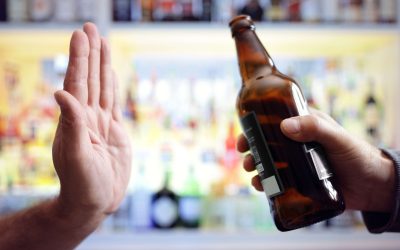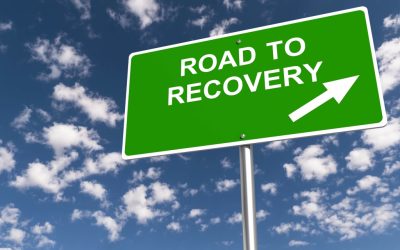Cognitive Behavioral Therapy (CBT) for Shame and Guilt is a widely recognized therapy approach used in addiction recovery to address feelings of guilt and shame. The CBT model proposes that thoughts, emotions, and behaviors are interconnected, and by changing one’s thinking patterns, emotional responses can be http://socdirect.ru/socium/2020/12/26/zen-kans-unsolvable-enigmas-designed-to-break-your-brain-puqun-li.html managed more appropriately. Don’t let shame and guilt hold you back in addiction recovery; learn how to address suicidal thoughts in addiction recovery today to create a brighter tomorrow for yourself.

Understanding Guilt and Shame in Recovery

If you are feeling hopeless, acknowledge the hopelessness. Say to yourself, “I feel hopeless because…” and let the feeling itself be okay. If shame is not a feeling, then what is the emotion attached to your shame?
Accessing Additional Forms of Professional and Peer Support.
- Those in recovery must learn to forgive themselves and deal with their guilt positively, otherwise, the patterns of addiction may continue.
- This can help you manage emotions, lower stress, and improve your overall well-being.
- Take proactive steps to make amends for past behaviors that contribute to feelings of guilt and shame, where appropriate and without causing harm to yourself or others.
- Now, the way that I’m going to talk about shame is that shame is only ever toxic, guilt is necessary guilt frees us to recover.
- It may not make things right or just, but it means you are willing to let mistakes that happen, happen and you don’t want to feel responsible for the things you can’t control.
Practicing self-forgiveness allows individuals to move beyond their past by acknowledging their mistakes without condemning themselves. Developing a strong support system is crucial when it comes to coping with shame and guilt during addiction recovery. Having the right people around you can make a significant difference in your journey towards sobriety. Shame often arises when an individual feels inadequate or unworthy, constantly reminding them of their mistakes or shortcomings. This emotion https://dnews7.com/forced-collection-of-debts-from-a-debtor-who-has-left-the-country.html perpetuates destructive behaviors in individuals as they strive to numb these feelings through substance abuse.

Addictive Behaviors

When you are no longer encumbered by the weight of sins that were committed by the “you” of a different time, you become free to become the “you” of the future. Dwelling in guilt will almost inevitably lead to feeling shameful. Shame cuts much deeper than guilt does, which https://invest24news.com/how-to-restore-ceramic-tiles-recovery-methods.html is what makes it so dangerous. When you’re caught up in feelings of guilt and shame, you may begin to feel as though you deserve these bad feelings about yourself. Ultimately, you are punishing yourself for the things you did in your addiction, and that doesn’t do you, or the people around you, any good.
Address Past Behaviors:
- The word “plasticity” describes the brain’s ability to change.
- Connect with a therapist, counselor, or support group to discuss your feelings of guilt and shame in a safe and non-judgmental environment.
- At Golden Gate Recovery in Marin County, CA, we provide clients with several levels of care.
- Practicing self-forgiveness allows individuals to move beyond their past by acknowledging their mistakes without condemning themselves.
This can include things like stress, social situations, or specific places or people. Once these triggers have been identified, the individual can develop strategies for avoiding them and coping with them when they arise. Art Therapy for Coping with Shame and Guilt is not just about providing an emotional outlet; it also helps individuals develop skills such as problem-solving, self-reflection, and self-awareness. These skills are essential for sustained addiction recovery because sufferers must learn how to confront challenging issues without relapsing. Through these activities, people can release themselves from self-blame and the emotional burden that comes with it. Recognize the courage and strength it takes to confront feelings of guilt and shame in recovery.


